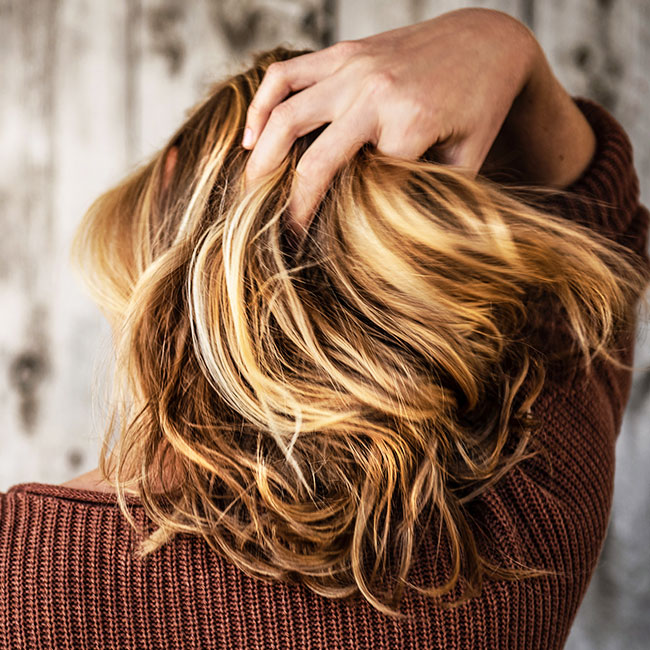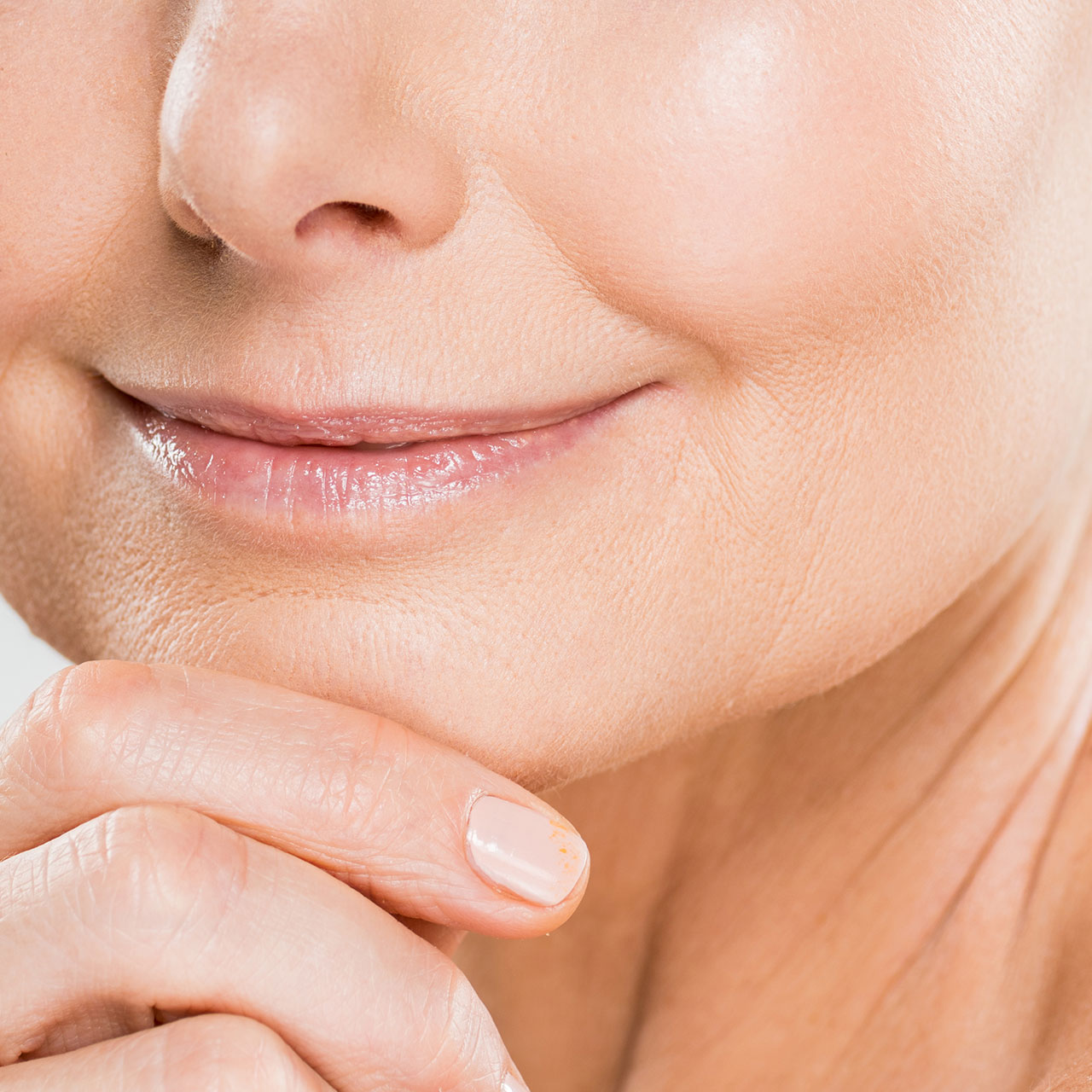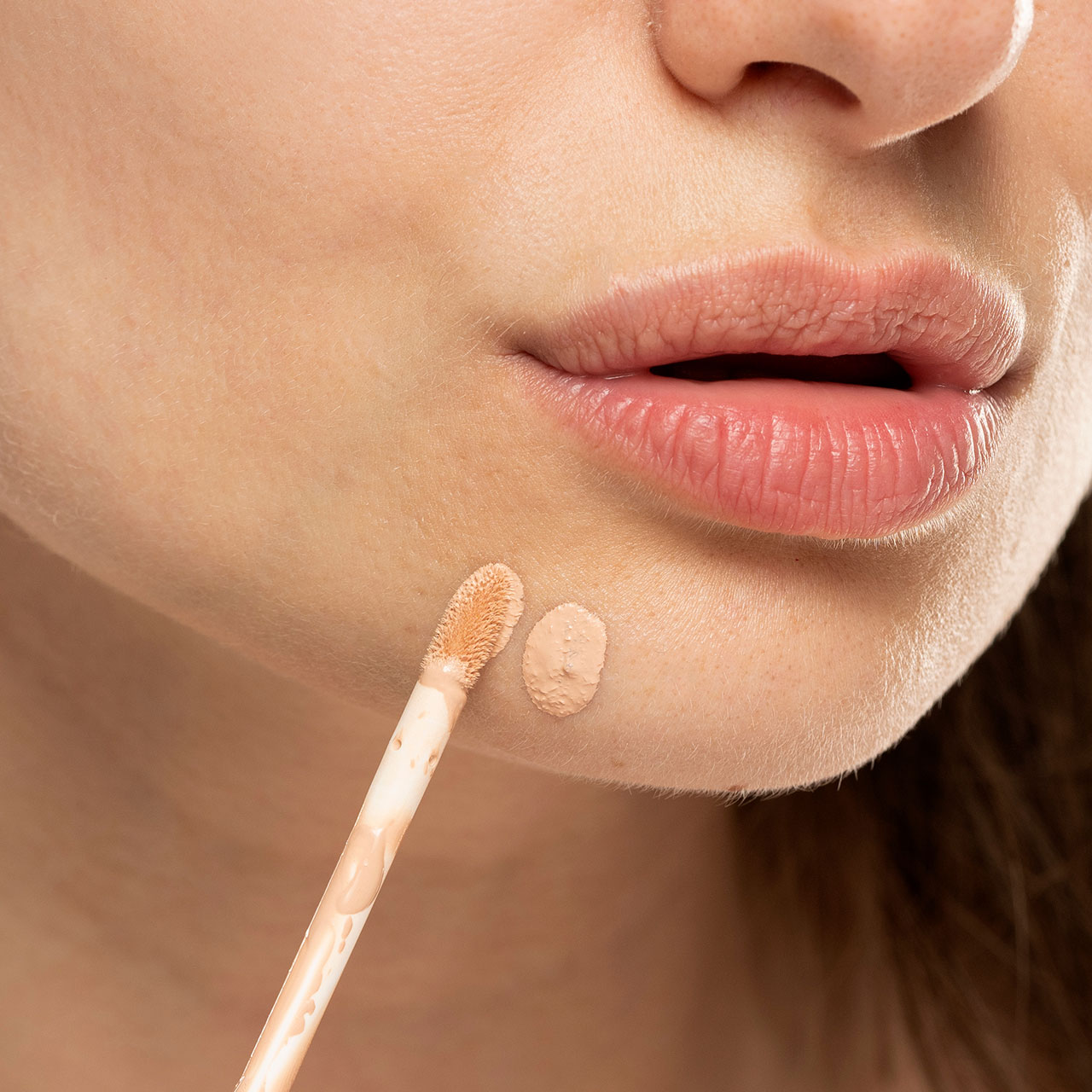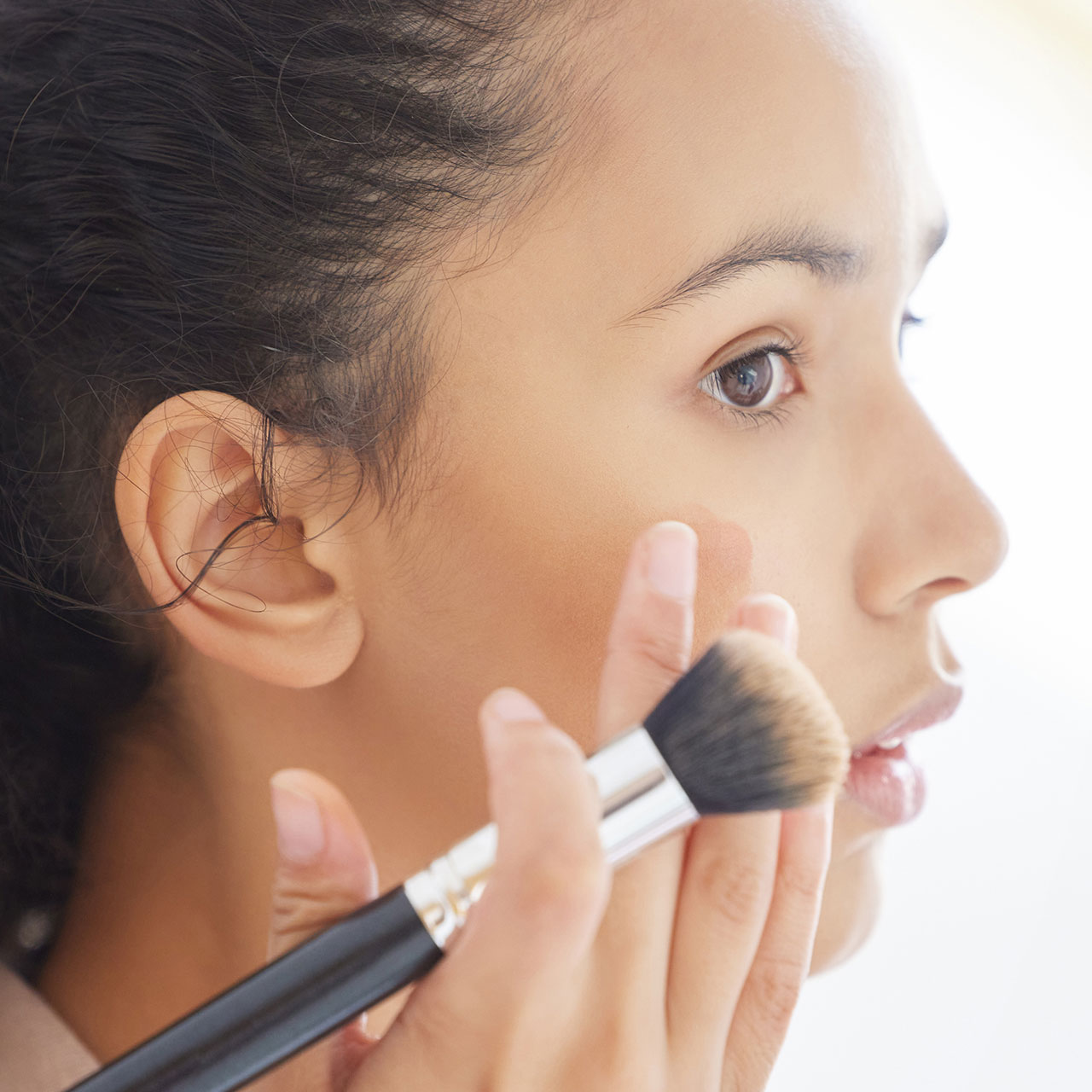This is an archived article and the information in the story may be outdated. Please check the time stamp on the story to see when it was updated last.
Many women and female-identifying people suffer from hair loss and thinning. It can be difficult to talk about as its emotional, psychological and physical effects can be long lasting and overwhelming. Many people wonder if thinning hair can be reversed or prevented, and where to start in their daily haircare routines. For this and other answers to common hair loss and thinning questions, SheFinds reached out to dermatologist Dr. Cynthia Bailey, founder of Dr. Bailey Skin Care.
Using heat protectant, eating a healthy diet and washing with sulfate-free products are many commonly known ways to *prevent* hair loss and thinning, but is it actually possible to *reverse* it? Dr. Bailey says that the “key is to firstly determine the cause.” Then, someone suffering from hair loss or thinning can focus on specific treatments and remedies.
Read on for dermatologist-approved tips for not only how to potentially treat— and improve the appearance of— hair loss or thinning, but also how to determine where it derives from, as well as fast facts.
First, Specify the Cause of Hair Loss or Thinning
So, how does hair loss and thinning happen in women? Bailey lists several common causes of women’s hair thinning, including female patterned baldness (also called androgenetic alopecia), telogen effluvium, which is “hair loss due to physiologic stressors such as surgery or serious illness,” hair loss from medicines, and internal medical conditions. For those with genetic balding in male or female relatives, she notes that “they are at the greatest risk” as this is the “female counterpart to male patterned baldness seen in men.” Experiencing hair loss from stress, or telogen effluvium, happens when the body is under “grave stress,” as Bailey says, and stops making hair. “Once recovered, new hair is made and original hairs are shed from the follicles in an alarming process that causes temporary thinning.” She notes that hair loss from medicines is an often unappreciated—but still common—cause of hair loss, in turn caused by “antidepressants, beta blockers, cholesterol-lowering drugs and hormones.” If one has an internal medical condition, such as endocrine/ low-thyroid conditions, anemia or leukemia, she says, this can also cause hair loss.
Match a Remedy to the Cause
After determining where the hair loss or thinning is stemming from, the next step is to find an appropriate remedy, and Bailey suggests several options for each possible cause. For those with hair loss as a side effect of underlying medical conditions, “working with your physician to treat the cause [with medication] or switching the medication will have a dramatic impact on hair loss,” she says. The good news for those suffering from stress-induced hair loss or telogen effluvium is that it can resolve over time with your favorite self-care methods. As stress is such a common contributing factor to hair loss or thinning, investing in your own ways to de-stress is key. For those with genetic or female patterned balding, Bailey says “topical products with minoxidil have been helpful.”
Once you’ve figured out not only what’s causing hair loss or thinning and how to combat it, what can you do in the meantime? Whether it’s aesthetic-focused tips or preventative advice to avoid further damage to your hair, we’ve rounded up a few other vital things to keep in mind.
Reduce the Appearance of Thinning
If you’ve found a balding spot or area causing insecurity, rest assured in knowing that there are several non-surgical solutions to refer to. While forgoing surgery or hair transplants, anyone experiencing thinning hair or hair loss can utilize hair dye and other products to improve its appearance. “While waiting for hair to thicken, using tricks such as coloring hair closer in color to your natural skin color will reduce the appearance of the thinning,” Bailey suggests. Haircuts such as layers or other styles to emphasize fullness can also hide unwanted bald spots, and Bailey notes several other types of products for flat, brittle or thin hair. “Using products that add volume and friction to help style hair in a way that obscures the appearance of the scalp will improve the appearance,” she says. Drawing attention away from the scalp is important, as Bailey adds that for women, “hair loss is typically worse over the crown of the scalp than it is along the frontal hairline.”
Avoid Heat Tools and Tight Hairdos
You might want to put that blow dryer aside if you already have thin or brittle hair. Although it’s a speedy and tempting method to dry your hair, it often comes with notable negative effects that could be more detrimental than one might think. Air-drying is one way to avoid this, or using heat protectant with styling tools in moderation. Bailey says your beloved straightener might also be a culprit in hair loss or thinning— which is important to note if you’re a frequent user. “Hair straighteners can burn the scalp and and lead to permanent hair loss and scalp scarring,” she says. “They are based on lye and include sodium hydroxide and lithium hydroxide as active ingredients.” Does this mean you should throw out your straightener ASAP? Not necessarily, but using it sparingly and taking heat-protecting steps here is key. If you’re someone who loves a high ponytail, classic bun or other style to get hair out of your face, just remember not to make it *too* tight. “Traction alopecia is another cause of hair loss,” Bailey says. “Tension on hair shafts during braiding or styling gradually damages the follicle and leads to permanent hair loss.” We’re all guilty of putting our hair up or styling it more than we should, so remember to keep styles and hot tools in moderation to prevent further hair loss or damage.

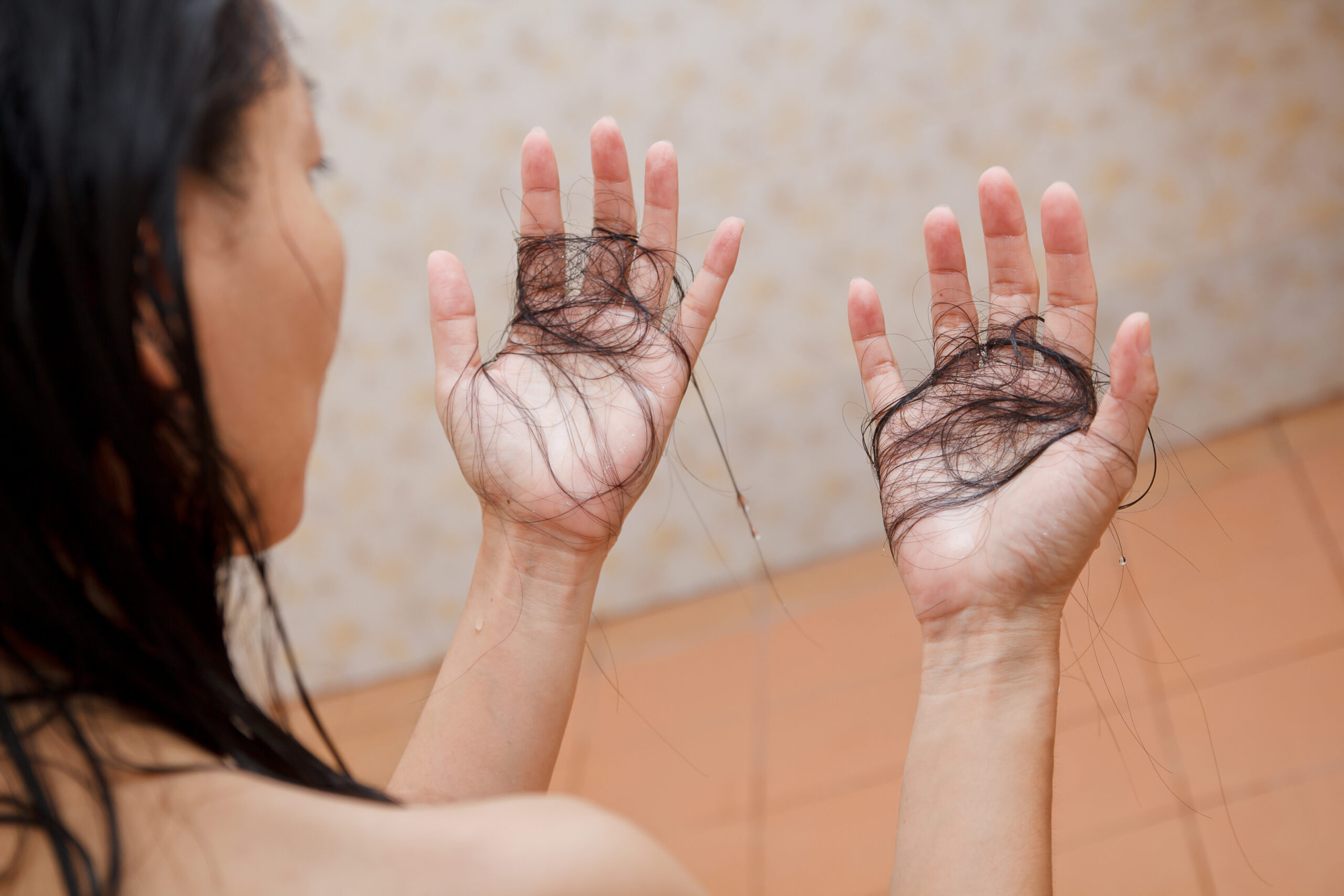
Overall, there are many ways to prevent damage to your hair and promote growth and fullness. Many of them require reassessing your daily haircare routine, keeping hair goals, and talking to your doctor about the right methods for you. Winter can be hard on your hair, especially when you're experiencing hair thinning or loss, so taking care of it this season is as important as ever!





